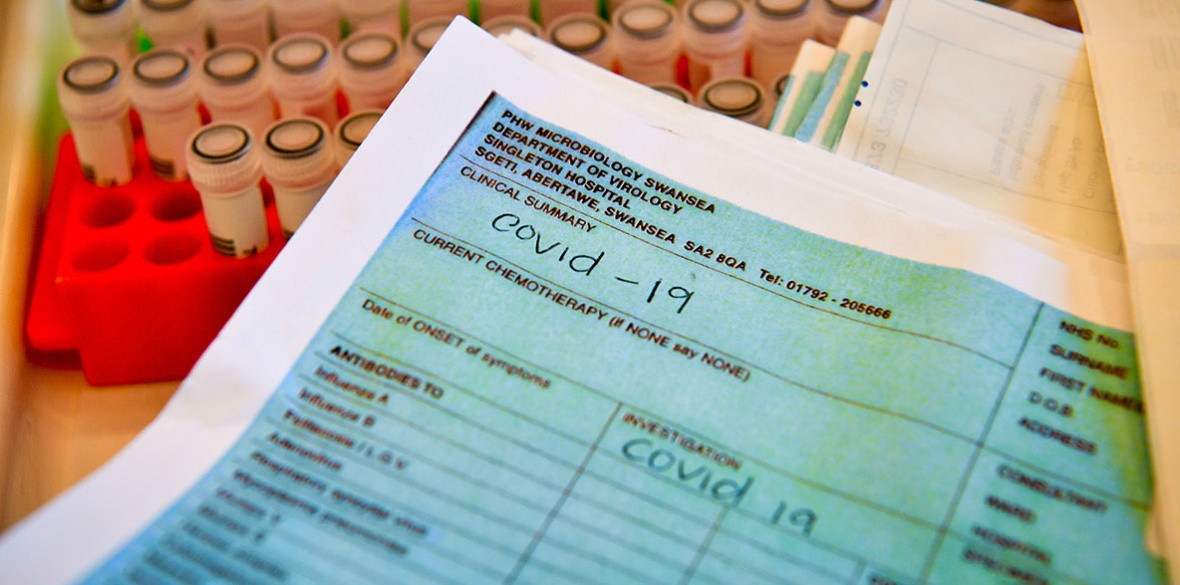UNITE leader Len McCluskey’s warning that Labour is being far too timid in the face of a “tsunami” of redundancies will resonate across the labour movement.
As his fellow trade union leader Dave Ward points out in tomorrow’s Morning Star, the pandemic has thrown the dysfunctionality of our current economic model into sharp relief.
Labour is in retreat from the bold economic policies developed under Jeremy Corbyn’s leadership — for a green new deal, higher taxes on the wealthy and corporations, extending public ownership.
Yet it is not proposing anything in their stead. Shadow Cabinet Office minister Rachel Reeves’s remarks last weekend — that Labour didn’t need to specify its tax policies as there was “plenty of time” before the next election — are not a one-off.
Keir Starmer’s spokesperson made exactly the same comment on the green new deal, saying Labour would come up with new manifesto commitments in four years’ time.
The Labour right will justify this on the basis that the party lost the election. The left should give no ground to this. It is based on a convenient misreading of everything that has happened in British politics over the past five years.
The rise of Corbynism was not an aberration that consigned Labour to the electoral wilderness. It was initially portrayed as that by the whole media — this newspaper excepted — despite the hundreds of thousands who were joining the party.
But the 2017 election — the only election since 1997 in which Labour’s vote went up — showed that the call for a radical shift in wealth and power towards ordinary people was in tune with popular aspirations.
In the end the Tories saw off the threat by themselves posing as the insurgents, with Boris Johnson milking his clashes with Parliament and the Supreme Court to portray himself as a rebel bent on delivering the exit from the European Union that people voted for in 2016.
Now Johnson’s conjuring trick is in trouble. Unable to control the backwoods Tories on whose backs he rode to the party leadership, he has been forced into a U-turn on the Chinese telecoms firm Huawei for fear of losing a parliamentary vote despite an 80-strong majority.
A pincer movement against his candidate to head the Commons intelligence and security committee saw a different Tory elected with Labour support; a furious No 10 has withdrawn the whip, but the committee is now poised to publish a report into alleged Russian interference in British politics.
The scenario is a risky one for the left. Tory links to Russian oligarchs are not new. A glance at the Evgeny Lebedev-owned Evening Standard confirms their unsurprising preference for the party of the super-rich.
But Labour on current form is quite likely to rush to ascribe all liberalism’s reverses in recent years to malign foreign influence. “The Russians” have been blamed for everything from Brexit to the election of Donald Trump.
This attitude reflects wishful thinking — a yearning to return to “normal” politics when everyone who counted supported capitalist globalisation.
This best of all possible worlds could not have contained the seeds of its own demise, which must be ascribed to hostile external actors.
The reality is very different. The long-term effects of deindustrialisation, the erosion of the public sector and social security and the retreat of democracy before corporate rights are catching up with Britain as they are with the United States, France, Italy and many other countries.
Traditional political assumptions have crumbled. Only parties that appeal to the overwhelming desire for a new politics can flourish.
Initially Corbyn’s Labour did that. Contortions over Brexit sank that particular ship, allowing the right to take the initiative. But the pandemic has intensified the social crisis and amplified the demands for change.
Labour’s current leader might want to wait four years to decide how he intends to respond to that. The working people of Britain do not have that luxury.











